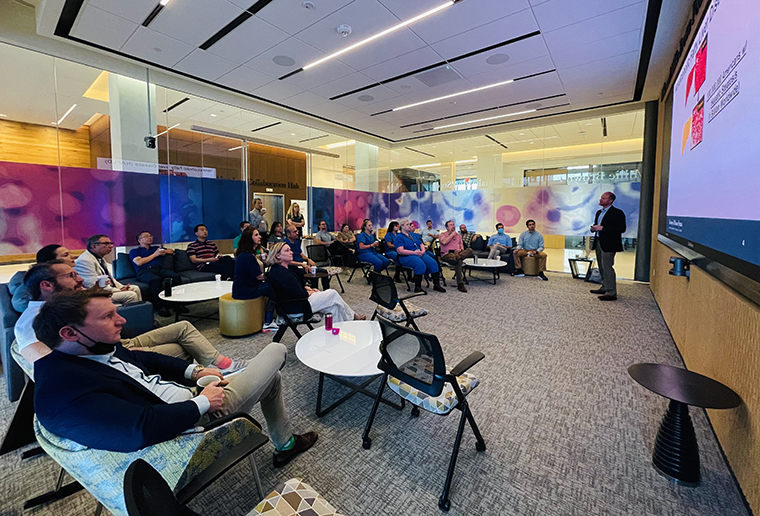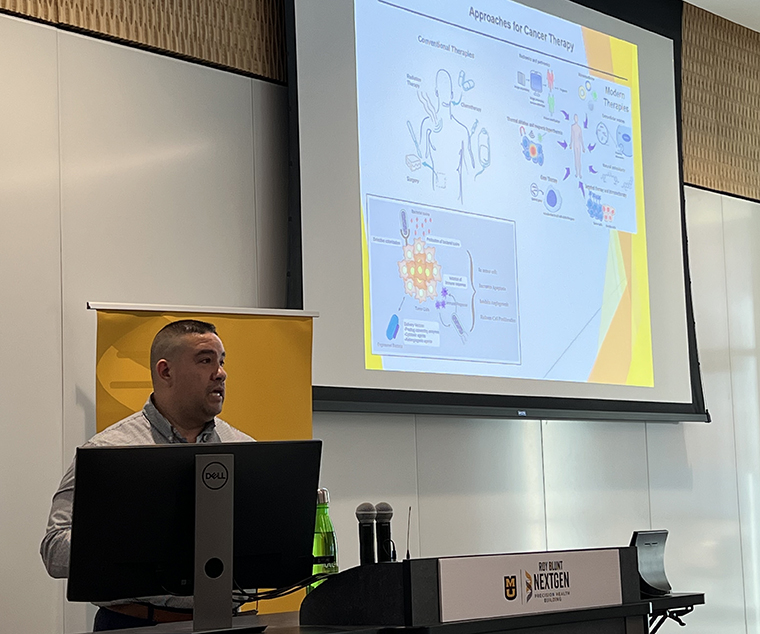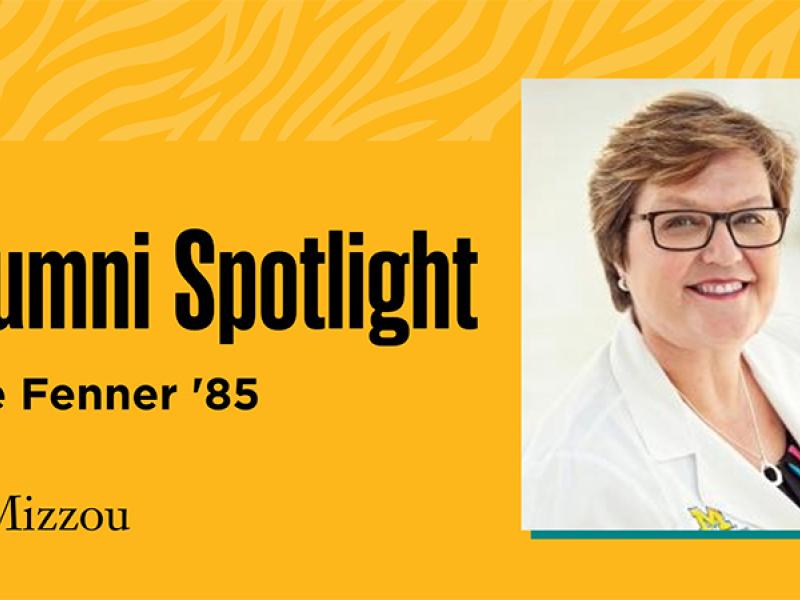Dear Colleagues,
As we work to pioneer the latest scientific breakthroughs, team science is more important than ever. Our new Roy Blunt NextGen Precision Health building is designed to create intentional space for these collaborations to develop. I am happy to share one simple — but effective — way we are making this a reality.
NextGen currently houses more than 200 faculty, students and staff working primarily across six specialty areas, or pillars: cancer and immunity, neuroscience, cardiovascular and metabolic disorders, biomaterials engineering, imaging science, and reproductive biology. When we think of these focus areas, it is easy to imagine research taking place in silos with investigators working independently of one another in their own research area. In reality, that is far from the case.
Researchers in the building gather monthly to hear from one another and develop new connections. The gatherings, coined Caffeinated Collaborations, bring investigators together in an informal, relaxed environment to hear their NextGen colleagues present their area of expertise.

What makes these meetings so impactful is that they are not your traditional in-depth seminars. The presentations are intentionally developed so that anyone in the audience can understand the topic in layman’s terms. They are kept short and high level to spur questions and back-and-forth discussions. The caffeine definitely helps with this as well!

I like to think of these discussions as “collision events” when two scientists thinking about two entirely different problems meet and then organically come up with an interesting idea. Dr. Rector shared that a recent presentation by Dr. Jorge Gomez-Gutierrez, associate professor of child health, about microbial-based cancer therapies may have applications to his own research on fatty liver disease. While not impossible, it is not likely their research paths would have crossed without a dedicated time and space to develop such collaborations.
One of the goals of NextGen Precision Health is to bring people together and cross disease-specific boundaries. Caffeinated Collaborations are a great platform to establish connection points and are just one way we are working together to solve the most pressing health challenges. Kudos to Dr. Rector and Dr. Arnold for spearheading these meetings and encouraging collaborations!
Sincerely,

Rick Barohn, MD
Executive Vice Chancellor for Health Affairs and Hugh E. and Sarah D. Stephenson Dean, School of Medicine
rbarohn@health.missouri.edu





